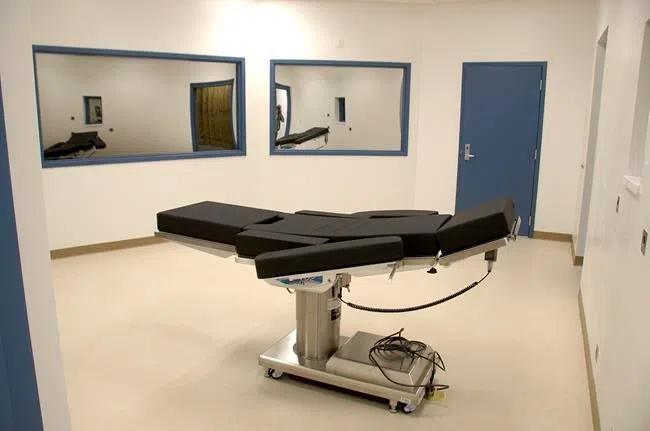
Nevada death-row inmate on legal delays: ‘Just get it done’
LAS VEGAS — A Nevada death-row inmate whose execution has been postponed twice said a legal fight over the drugs to be used in his lethal injection is taking a tortuous toll on him and his family and he just wants his sentence carried out.
The state should “just get it done, just do it effectively and stop fighting about it,” Scott Raymond Dozier told The Associated Press on Wednesday.
“I want to be really clear about this. This is my wish,” Dozier said in a brief telephone call from Ely State Prison. “They should stop punishing me and my family for their inability to carry out the execution.”
The Nevada Supreme Court took over the case late Wednesday involving the drugs at the request of state Attorney General Adam Laxalt, with an eye toward rescheduling Dozier’s execution for mid-November.
